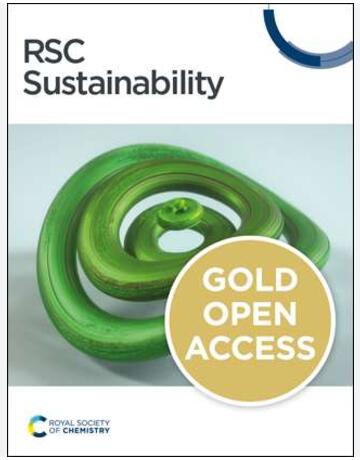Building Information Modeling and Building Performance Simulation-Based Decision Support Systems for Improved Built Heritage Operation
IF 3.3
3区 环境科学与生态学
Q2 ENVIRONMENTAL SCIENCES
引用次数: 1
Abstract
Adapting outdated building stocks’ operations to meet current environmental and economic demands poses significant challenges that, to be faced, require a shift toward digitalization in the architecture, engineering, construction, and operation sectors. Digital tools capable of acquiring, structuring, sharing, processing, and visualizing built assets’ data in the form of knowledge need to be conceptualized and developed to inform asset managers in decision-making and strategic planning. This paper explores how building information modeling and building performance simulation technologies can be integrated into digital decision support systems (DSS) to make building data accessible and usable by non-digital expert operators through user-friendly services. The method followed to develop the digital DSS is illustrated and then demonstrated with a simulation-based application conducted on the heritage case study of the Faculty of Engineering in Bologna, Italy. The analysis allows insights into the building’s energy performance at the space and hour scale and explores its relationship with the planned occupancy through a data visualization approach. In addition, the conceptualization of the DSS within a digital twin vision lays the foundations for future extensions to other technologies and data, including, for example, live sensor measurements, occupant feedback, and forecasting algorithms.基于建筑信息建模和建筑性能仿真的建筑遗产运营改进决策支持系统
调整过时的建筑存量运营以满足当前的环境和经济需求带来了重大挑战,需要在建筑、工程、施工和运营部门转向数字化。需要对能够以知识形式获取、构建、共享、处理和可视化已建资产数据的数字工具进行概念化和开发,以便在决策和战略规划中为资产管理者提供信息。本文探讨了如何将建筑信息建模和建筑性能模拟技术集成到数字决策支持系统(DSS)中,使非数字专家操作员可以通过用户友好的服务访问和使用建筑数据。对开发数字DSS所遵循的方法进行了说明,然后通过在意大利博洛尼亚工程学院遗产案例研究中进行的基于模拟的应用程序进行了演示。该分析允许深入了解建筑在空间和小时尺度上的能源性能,并通过数据可视化方法探索其与计划占用率的关系。此外,DSS在数字孪生视觉中的概念化为未来扩展到其他技术和数据奠定了基础,包括实时传感器测量、乘客反馈和预测算法。
本文章由计算机程序翻译,如有差异,请以英文原文为准。
求助全文
约1分钟内获得全文
求助全文
来源期刊

Sustainability
ENVIRONMENTAL SCIENCES-ENVIRONMENTAL SCIENCES
CiteScore
6.80
自引率
20.50%
发文量
14120
审稿时长
17.72 days
期刊介绍:
Sustainability (ISSN 2071-1050) is an international and cross-disciplinary scholarly, open access journal of environmental, cultural, economic and social sustainability of human beings, which provides an advanced forum for studies related to sustainability and sustainable development. It publishes reviews, regular research papers, communications and short notes, and there is no restriction on the length of the papers. Our aim is to encourage scientists to publish their experimental and theoretical research relating to natural sciences, social sciences and humanities in as much detail as possible in order to promote scientific predictions and impact assessments of global change and development. Full experimental and methodical details must be provided so that the results can be reproduced.
 求助内容:
求助内容: 应助结果提醒方式:
应助结果提醒方式:


